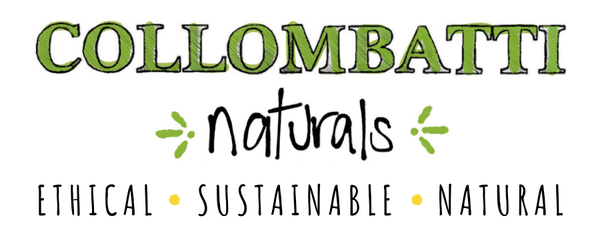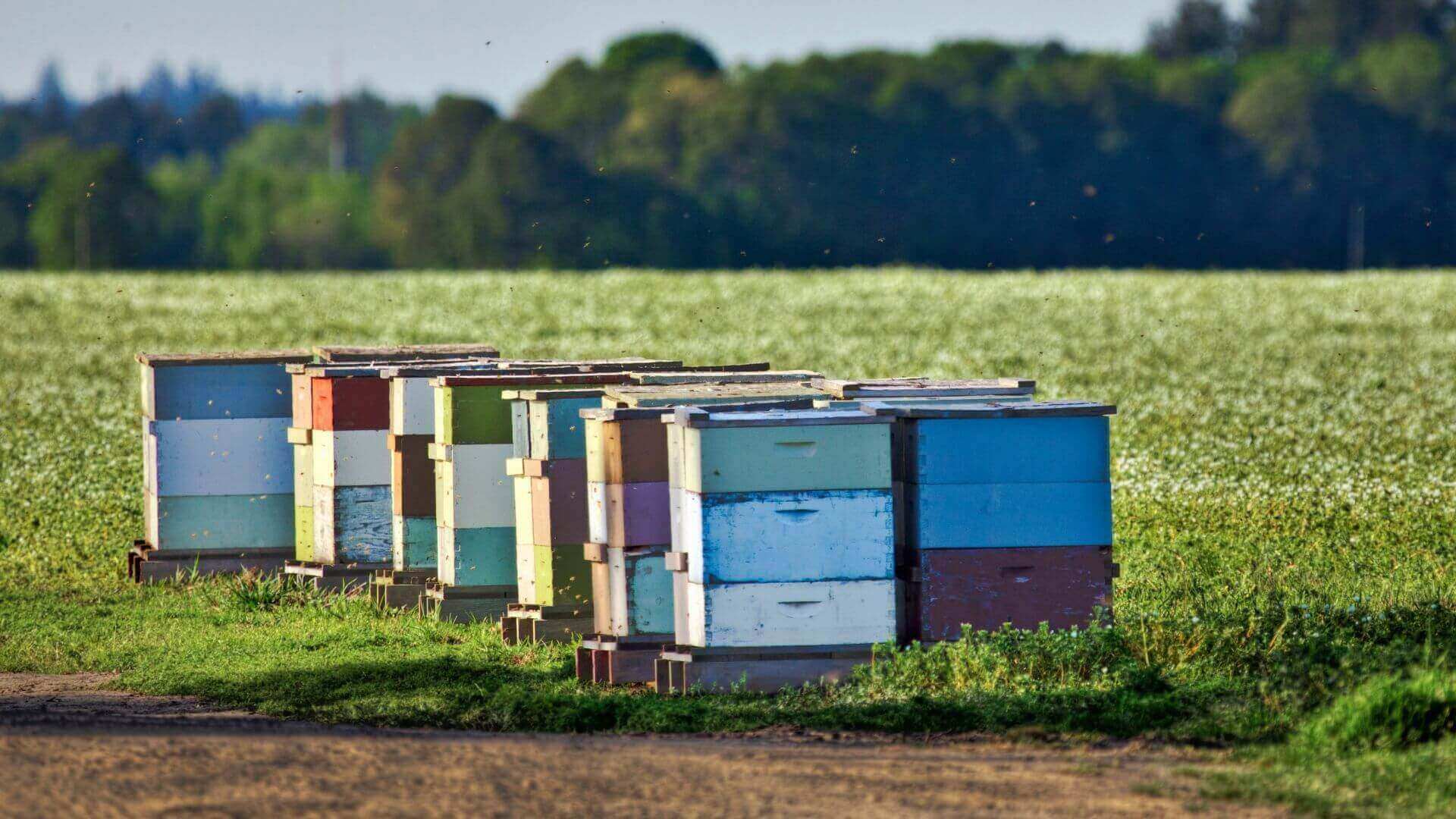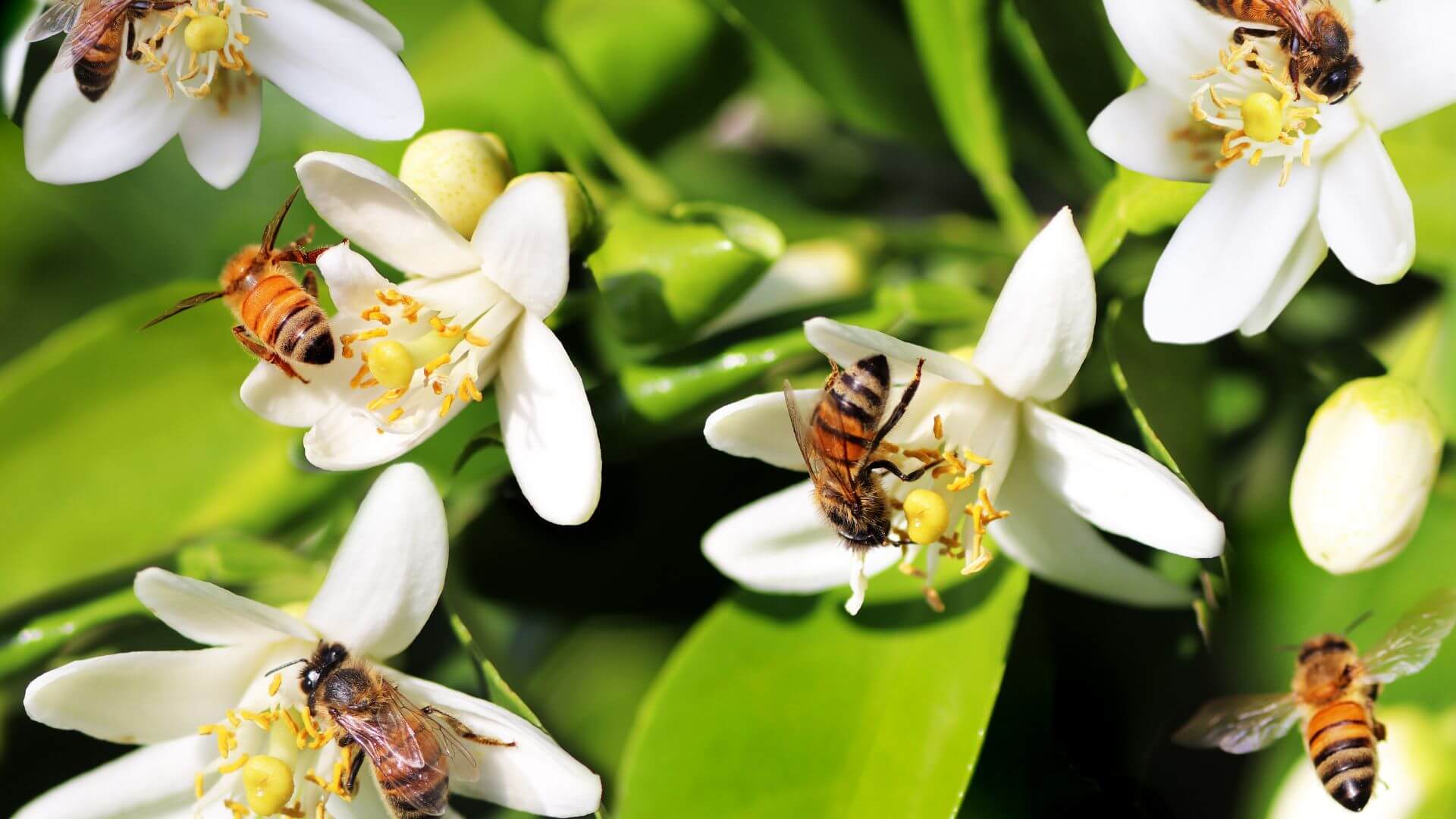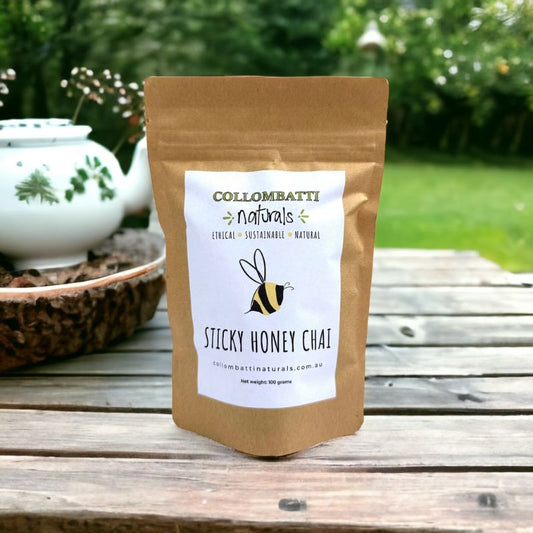In recent years, the conversation surrounding bees has gained significant traction, and for good reason. New research has unveiled a global decline in bee populations, highlighting their pivotal role in maintaining the health of our planet. Beyond their reputation as honey-makers, bees are ecological linchpins, essential for the world's food production.
Let's delve into why bees are so crucial, the factors behind their population decline, and how supporting sustainable honey products is a step towards a healthier planet.
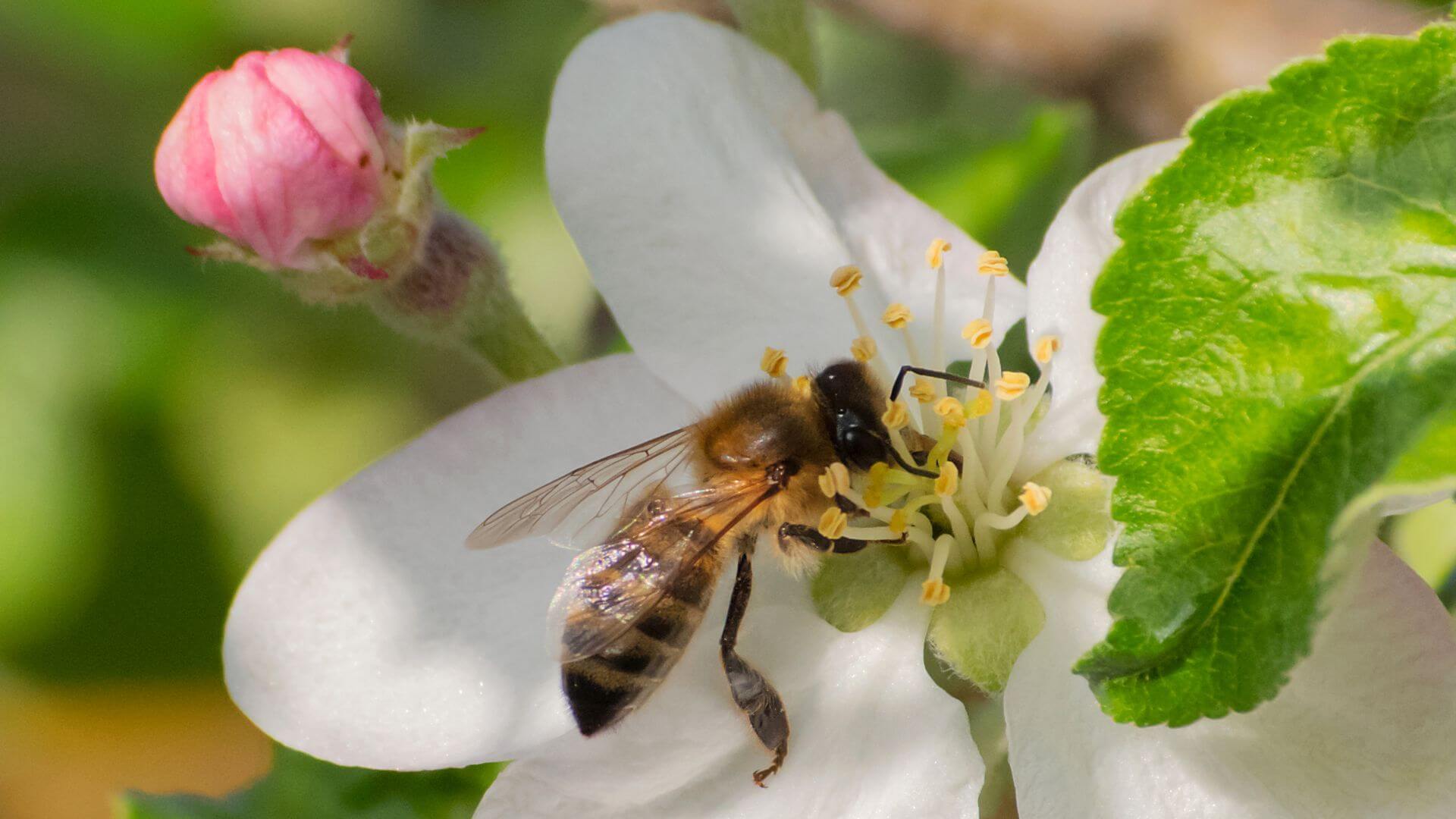
The Significance of Bees in Food Production
Bees are nature's pollinators, playing a fundamental role in producing much of the world's food. This process enables the growth and dissemination of seeds, ultimately leading to the abundance of fruits, vegetables, and various other crops.
According to Sustain, a leading advocate for better food and farming practices, honey bees are the world's primary pollinators for food crops. Astonishingly, about one-third of our daily food consumption relies on pollination, primarily carried out by bees.
The implications are clear: a decline in bee populations poses a substantial threat to the environment, wildlife, human communities, and the global economy.
Bees' Economic Impact: A Global Perspective
The economic impact of bees is truly remarkable. An article in Forbes.com reports that the global crop production reliant on bee pollination is valued at an astounding $577 billion. This figure emphasizes their crucial role in our food supply chain.
This relationship holds true in Australia as well, where bee-dependent crops contribute significantly to the nation's economy. In fact, the Australian honey industry is valued at over $14.2 billion annually, according to Australian Honey Bee Industry Council, and it plays a vital role in supporting regional economies across the country.
The Crisis of Declining Bee Populations
According to a report from CSIRO, there has been a worldwide decline in pollinator populations, and this is attributed to a combination of factors. This stands as one of the most pressing concerns today in terms of both food security and biodiversity management.
This alarming decline is attributed to a host of factors, including diseases, parasites, climate change, and prevailing industrial agricultural practices.
Of particular concern are monocultures and the widespread use of harmful pesticides. It is clear that the bee populations worldwide are in peril.
Taking Action: Advocating for a Sustainable Future
In the face of this crisis, we are presented with a choice. To continue with business as usual in agriculture and related industries is to perpetuate the decline of these vital pollinators.
The declining bee population is intricately linked to the unsustainable and harmful practices within our current agricultural system.
It serves as a stark call for change, urging us to transition away from chemical-intensive practices in both agriculture and households. This transition is crucial for ensuring the survival of these essential pollinators.
However, by actively supporting honey products from reputable, pesticide-free sources, we exercise our consumer power to deliver a resounding message: the lives of bees are invaluable.
Understanding the significance of sustainable honeybee products and integrating natural items into our lives is paramount.
In doing so, we take a crucial step towards preserving the delicate balance of our planet.
